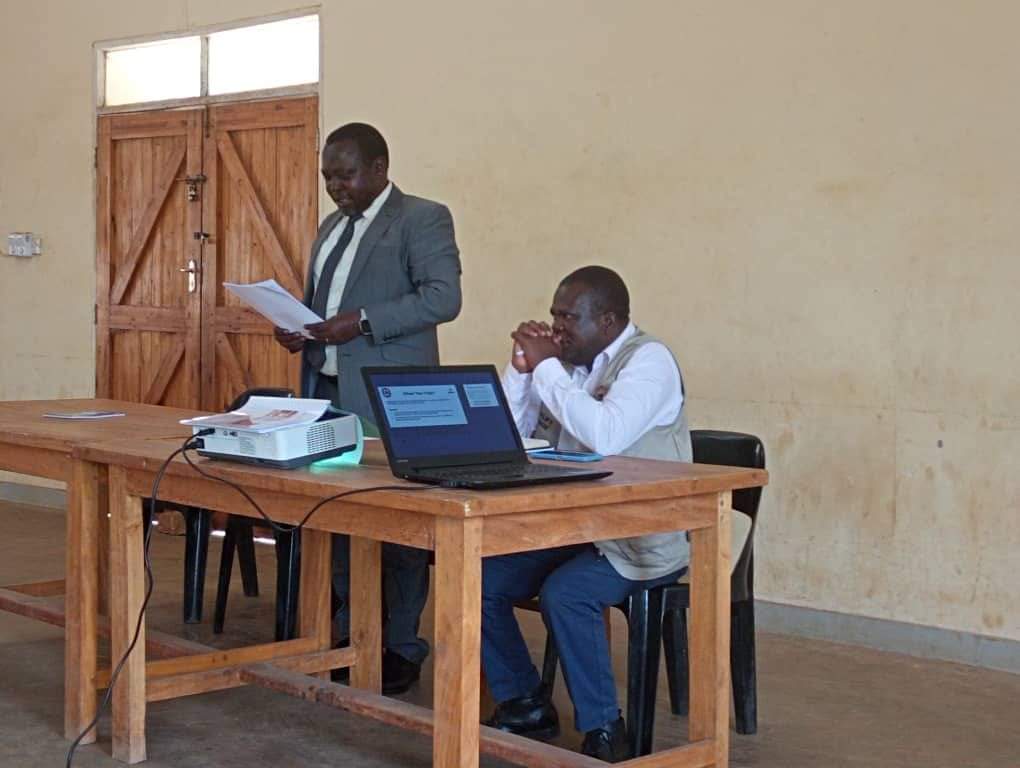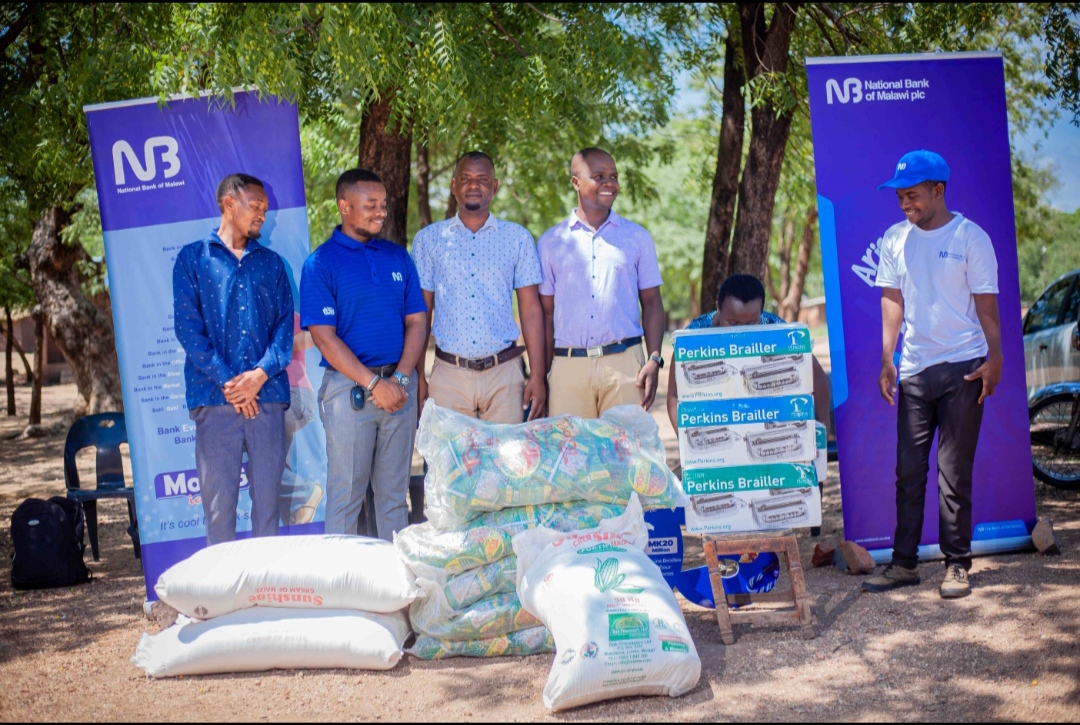The National Initiative for Civic Education (NICE) Trust has called upon women across the country to contest for elective political positions in the 2025 General Elections saying they have potential to transform the country.
NICE Executive Director, Gray Kalindekafe, said studies show that women are more development conscious, less corrupt and understand societal needs better hence the need to put them in key leadership positions.
He made the remarks on Friday at Neno Community Hall during orientation of trainers (ToT)of trainers for the Gender Technical Working Group in Neno as part the United Nations Development Programme (UNDP) Nthawi Yawo Project which NICE Trust is implementing in partnership with Centre for Civil Society Strengthening (CCSS).
“The need for more women in public office and electoral positions is rooted in our democratic principles which emphasises majority rule. Women make up a significant portion of our population and women have a reputation of honesty and address community needs,” Kalindekafe said.
He observed that women’s participation in political leadership is not just a matter of fairness but crucial for national development, saying women have unique perspectives, experience in decision making and provide solutions to various social challenges.
Kalindekafe, therefore, pointed out the role of ToT in this mission, stating they are crucial as they will pass on the knowledge, skills and confidence needed for female aspirants to navigate the political landscape successfully.
Neno District Council Gender Officer, Gertrude Mphande, expressed hope that the training will help new female aspirants to better understand on ways of wining electorates trust for a good vote.
“Neno currently lacks female parliamentarians and ward councilors. This training could be a step towards electing female MPs or ward councilors. More awareness campaigns are needed to change perceptions of women in politics,” she said.
Since Malawi adopted multiparty democracy in 1994, the number of women in politics has significantly increased. Women representation in the national assembly has grown from 5.65 percent in 1994 to 22.92 percent in recent years.
Despite challenges such as cultural barriers, economic constraints, political violence and intimidation, NICE, CCSS, and UNDP remain committed to support all efforts meant to increase women participation in politics by providing the necessary resources and support.
The one year, Nthawi Yawo project aims to empower women aspirants with knowledge and skills in resource and community mobilization and public speaking.
The project also seeks to provide leadership skills to enable women aspirants run successful 2025 campaign to increase the number of women in elective positions at both council and national assembly.




